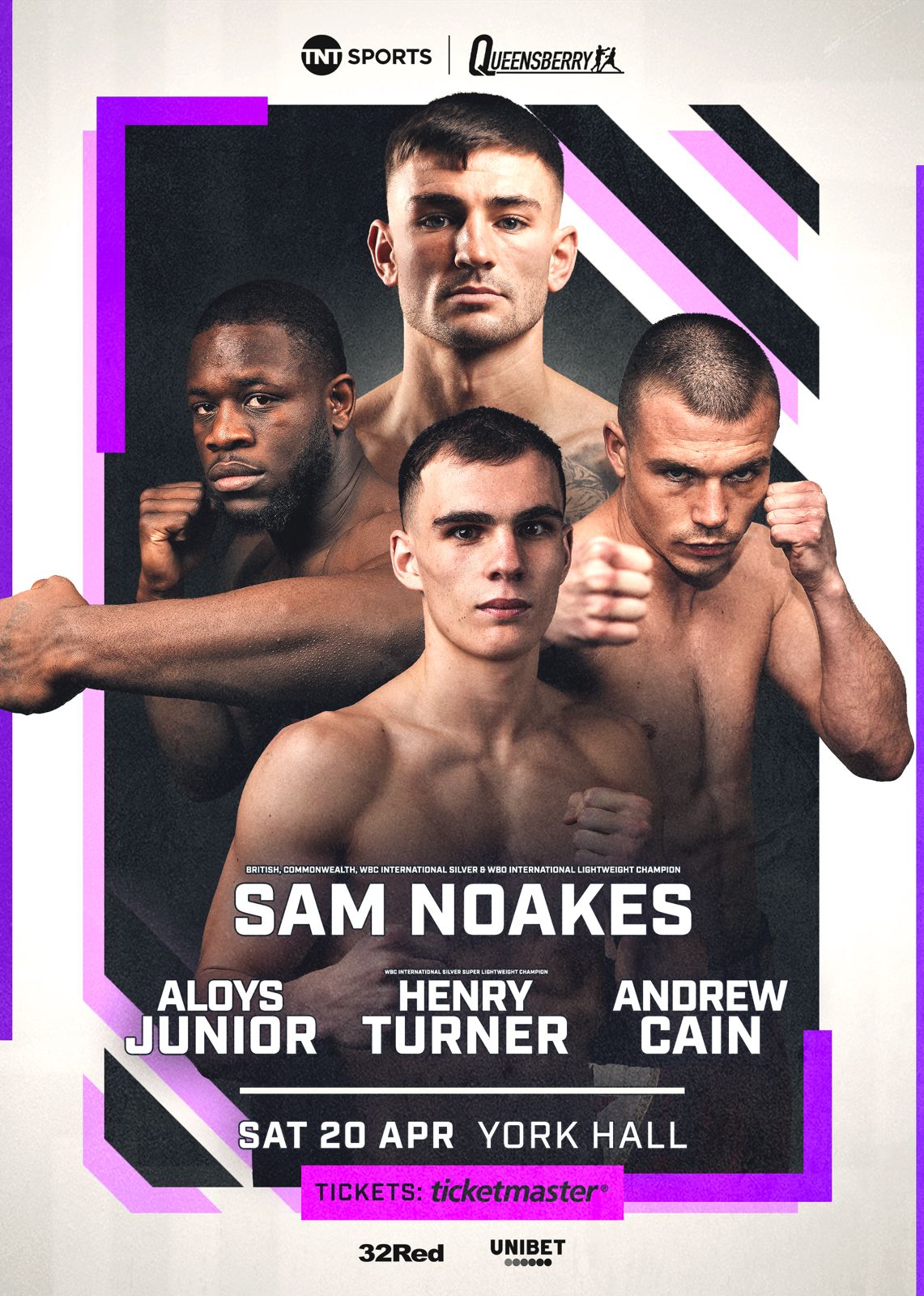NOT QUITE SO GRAND IN RIO
By Frank Warren
Expectations were high going into Rio 2016 of British boxers making a sizeable deposit into Team GB’s bumper medal haul.
Unfortunately, nine of the ten-strong men’s team are now on a watching brief, there in a support capacity cheering on the last man standing in big Joe Joyce.
I have to say that Buatsi looks like he is capable of doing the business in the paid code and is clearly a character. He won Britain’s first boxing medal at the Rio Olympics by securing bronze at light-heavyweight, while Joyce has guaranteed himself a podium finish by beating Uzbek opponent Bakhodir Jalovov to reach the semi-finals.
Whether two medals of whatever colour would be deemed a healthy enough return bearing in mind the considerable public investment in the sport is something likely to be the subject of debate when the Olympic post mortems begin.
Without doubt, the GB team possess an extremely talented pool of young boxers – as well as others who didn’t make the cut this time around – and it is rightly pointed out that many of them were landed with a devilish draw that didn’t help the cause.
Most are young enough to come again, if they choose to, and will be better for the experience in four years time when the Games head to Tokyo. But, given the medal objectives set down for each sport, will potential be enough to secure comparable funding next time around?
It could be argued that the focus of the GB squad HQ in Sheffield should be solely on nurturing Olympic champions in much the same way as British cycling does – where gathering golds appears to be the be all and end all.
Rather than just cultivating elite amateurs, there is a suspicion that Sheffield is becoming more of a finishing school ahead of entry into the professional ranks. A number of current professionals take advantage of the facilities and coaching available when the base should really be a hub of amateur activity homing in on Olympic excellence.
As a promoter of professional boxing, I am not knocking high quality operators entering our sport, but we can’t have it both ways.
Our GB boys are successful in the World Series Boxing format over five rounds, having reached the final this year before falling to Cuba.
This form of the amateur game is an obvious stepping stone towards the pro ranks and the extra rounds enable fighters to work their way into a contest. There is no such time available in Olympic boxing and a slow start more often than not results in an exit.
Success in WSB and the like is all well and good. From a pro perspective it works and boxers are pretty much ring-ready when they switch codes.
But that is not what the public are paying for. The Olympics is the end game.
In my view, the distribution of public money to the sport of boxing requires a forensic examination. A proportion of the money funnelled into the elite end of the game in Sheffield should be diverted towards the amateur clubs who struggle to keep their doors open across the length and breadth of the country.
This can’t be right. Without these clubs instilling the discipline and developing young boxers there wouldn’t be a Team GB to fund in the first place. The coaches give up their time for no financial reward and do a magnificent job in the communities, but for them to continue carrying out this valuable work they need support.
Nothing comes cheap these days and the amateur clubs have rent to pay and facilities to maintain. Money afforded to amateur boxing should be directed at grassroots level rather than just the elite.





